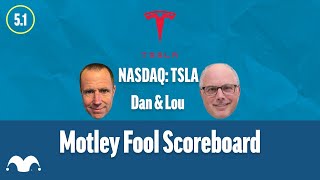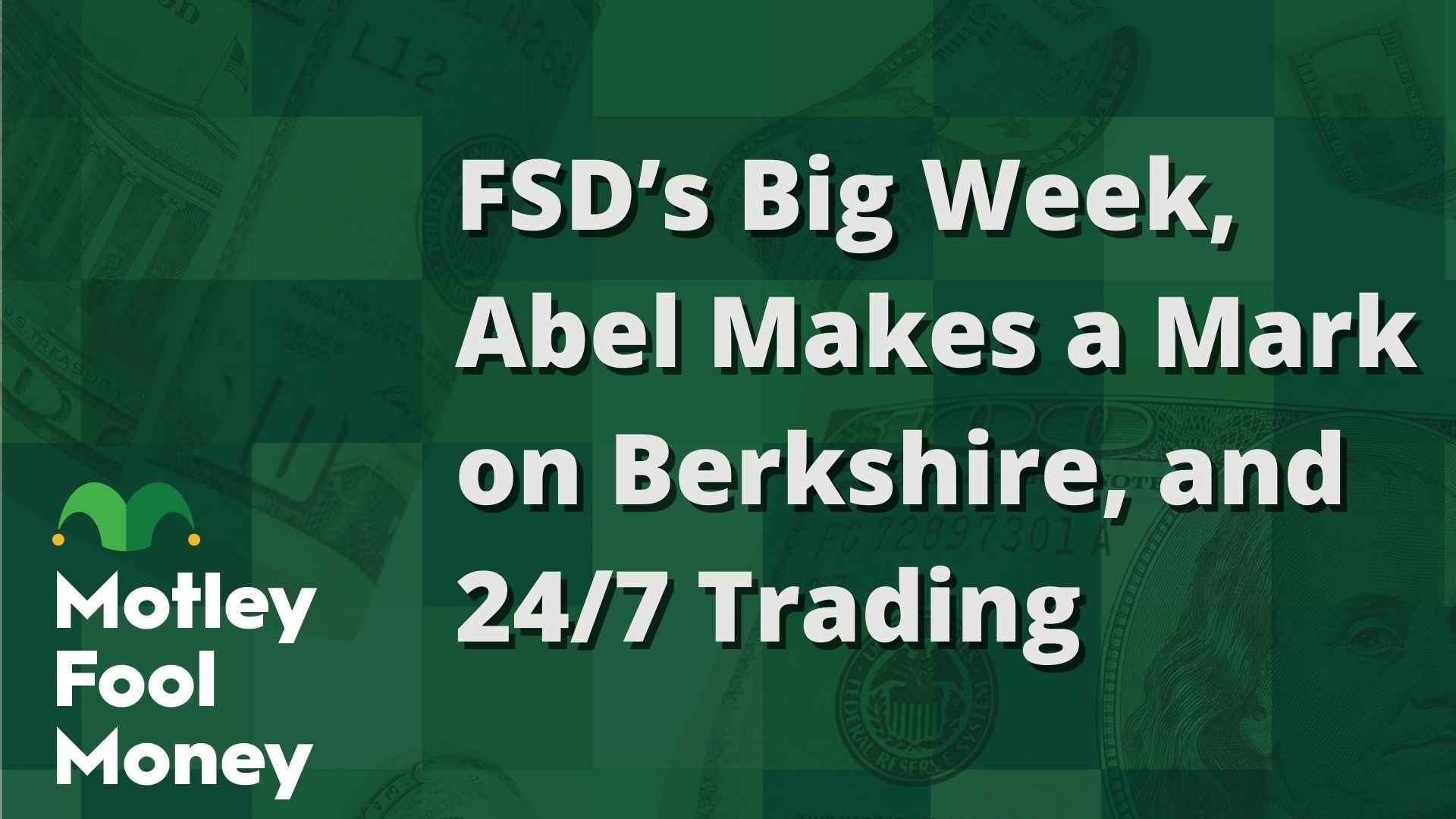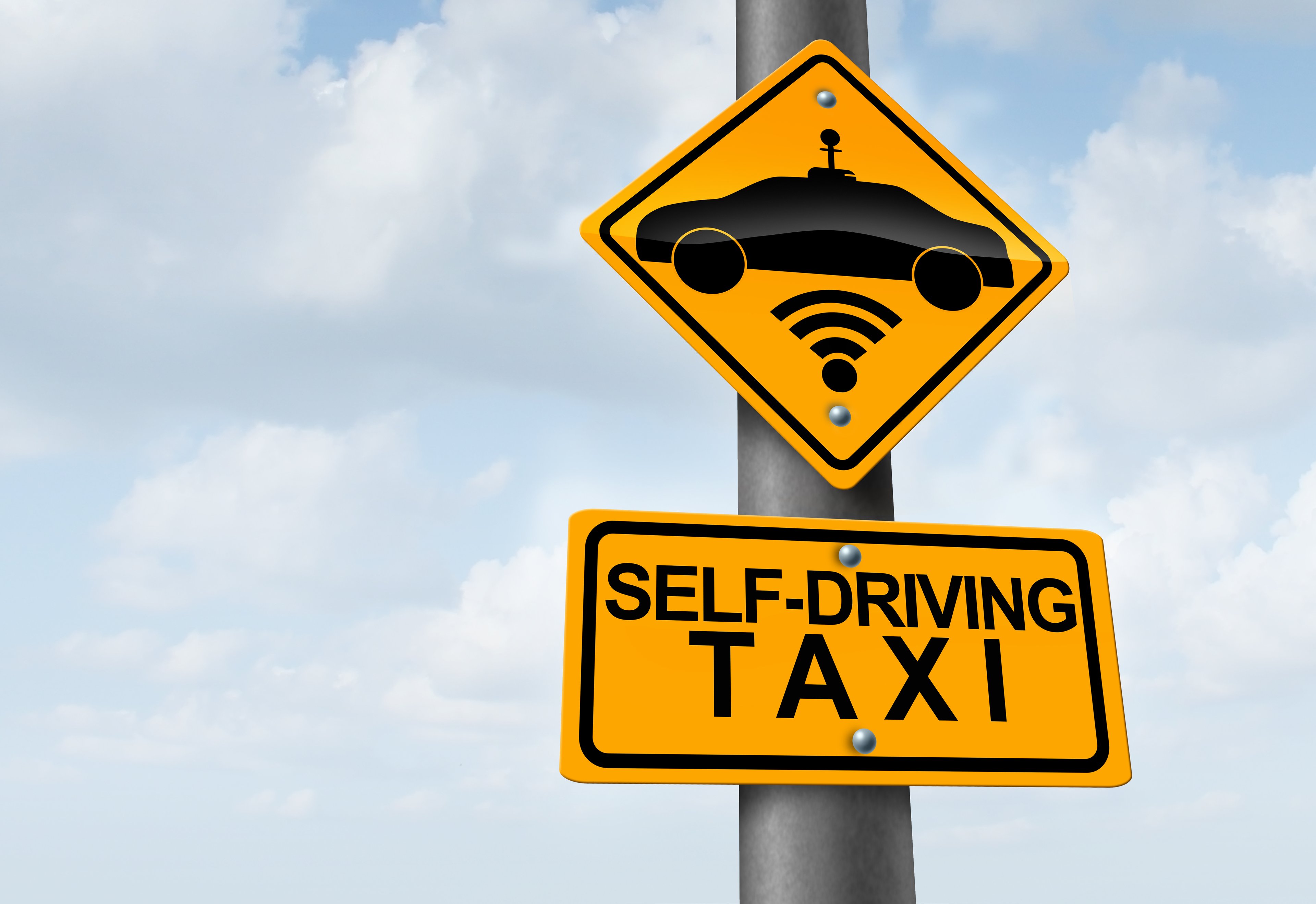Shares of electric-car maker Tesla (TSLA +0.00%) have been crushed recently. The stock is now down more than 30% from an all-time high of about $969 achieved earlier this year. After falling so sharply, many investors are probably wondering whether now is a good time to buy shares of the fast-growing auto company.
It's true that Tesla is executing very well, with deliveries soaring and profitability improving. In addition, the automaker looks poised to grow its business rapidly yet again in 2020 -- and 2021 looks promising as well. But investors should keep in mind that much of Tesla's exciting growth prospects are already baked into this stock, making this a particularly risky bet.
Nevertheless, allocating a small portion of your capital to Tesla stock might be worthwhile over the long haul -- but only if you're ready to endure some wild volatility.

Image source: Tesla.
Impressive business momentum
After a worse-than-expected ramp-up in production of both Tesla's Model X SUV in late 2015 and its Model 3 in mid-2017, the electric-car maker became known in the financial media for over-promising and under-delivering. But this narrative seems to be shifting -- and investors are taking note. While shares are down more than 30% from an all-time high earlier this year, they are up 177% over the past six months.
Going into 2019, Tesla set out to deliver between 360,000 and 400,000 vehicles. Given the company's track record at the time of missing targets, few seemed to believe the automaker would pull this off. After all, this guidance range implied 45% to 65% year over year growth. In addition, federal tax credits for qualifying buyers of Tesla vehicles were slashed in half at the beginning of 2019 -- and they were cut in half again midway through the year.
But Tesla proceeded to easily surpass the low end of its guidance range, growing total deliveries in 2019 by 50% compared with 2018 -- and that was on top of 138% year-over-year growth in deliveries in 2018.
Then, of course, there's Tesla's Shanghai-based factory, which builds Model 3 vehicles specifically for the China market. Tesla broke ground on the factory in early 2019 and was producing vehicles in the factory less than 12 months later.
Finally, after unveiling its Model Y in March of last year and promising for deliveries to start in the fall of 2020, deliveries are now slated to start this month -- about six months ahead of schedule.
This isn't the same Tesla investors knew one year ago. The story has changed.
A sky-high valuation
But investors shouldn't get too excited. Valuation matters. And Tesla's valuation isn't cheap. On the contrary, investors will have to pay a massive premium to buy into this growth story. The stock currently has a price to sales ratio of about five. In addition, the stock trades at 76 times analysts' average estimate for next year's earnings.
Of course, it makes sense that Tesla is trading at a sky-high valuation. Not only has the company grown rapidly recently, but management expects strong growth to continue. After delivering 368,000 vehicles in 2019, Tesla said in its fourth-quarter update that it anticipates total deliveries in 2020 will "comfortably exceed 500,000 units." Furthermore, Tesla expects its much smaller energy business to see sharp growth as well. "Both solar and storage deployments should grow at least 50% in 2020."
Ready to help Tesla's sales is an impressive product pipeline. Model Y deliveries will likely start within the next few weeks, limited production of the Tesla Semi is scheduled to begin this year, and Cybertruck production is supposed to begin in late 2021.
Topping it all off, despite Tesla's ambitious growth plans, management provided guidance in its fourth-quarter update to remain profitable on a GAAP basis, albeit with "possible temporary exceptions, particularly around the launch and ramp of new products."
Given Tesla's recent strong growth and impressive execution, shares of the growth stock may be worth buying, but in moderation. Investors should ensure shares purchased at this level represent a small fraction of their overall portfolios, as there's considerable risk in the stock's prospects given the enormous business growth already priced in. If Tesla fails to live up to expectations, shares could fall sharply.






